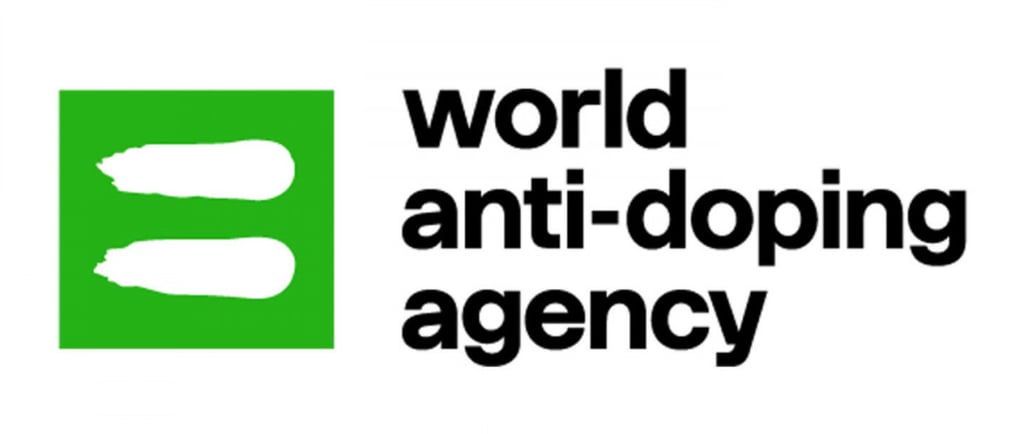WADA Suspends Africa's Only Anti-Doping Laboratory


The World Anti-Doping Agency (WADA) has recently announced the suspension of the accreditation of South Africa's Bloemfontein Anti-Doping Laboratory. This laboratory is the only accredited anti-doping facility in Africa and its suspension is due to "multiple non-conformities" with international standards. Effective from 1st March, the suspension prohibits the laboratory from conducting any anti-doping activities, including the analysis of urine and blood samples, with the exception of analyses related to the haematology module of the Athlete Biological Passport, as stated by WADA.
WADA's decision to suspend the accreditation of Africa's only anti-doping laboratory raises concerns about the continent's ability to effectively combat doping in sports. With the absence of a functioning laboratory, the detection and prevention of doping practices in African athletes will be significantly hindered. This development highlights the need for urgent action to address the issues identified by WADA and ensure that Africa has a reliable and compliant anti-doping facility.
The Importance of Anti-Doping Laboratories
Anti-doping laboratories play a crucial role in maintaining the integrity of sports by detecting the use of prohibited substances and methods in athletes. These laboratories are responsible for analyzing samples collected from athletes during competitions and out-of-competition testing. The accurate and timely identification of doping violations is essential to ensure fair competition and protect the health and rights of athletes.
Accredited laboratories must adhere to strict international standards set by WADA to ensure the accuracy and reliability of their testing procedures. These standards cover various aspects, including sample collection, transportation, analysis, and reporting. Laboratories undergo regular inspections and assessments to maintain their accreditation status. Any significant non-compliance with these standards can result in the suspension or revocation of accreditation, as seen in the case of the Bloemfontein Anti-Doping Laboratory.
Challenges Faced by Africa's Anti-Doping Efforts
Africa has been grappling with numerous challenges in its fight against doping in sports. The continent has witnessed several high-profile doping cases in recent years, raising concerns about the prevalence of doping practices and the effectiveness of anti-doping measures in place. The suspension of Africa's only accredited laboratory further exacerbates these challenges and poses a significant setback to anti-doping efforts in the region.
One of the main challenges faced by African countries is the lack of adequate resources and infrastructure to establish and maintain accredited anti-doping laboratories. Developing and sustaining a state-of-the-art facility requires substantial financial investments, highly skilled personnel, and ongoing support from relevant authorities. Many African nations struggle to allocate sufficient resources to anti-doping initiatives, which limits their ability to effectively combat doping in sports.
Furthermore, the availability of education and awareness programs on anti-doping practices is limited in many African countries. Athletes, coaches, and support personnel need to be well-informed about the consequences of doping and the importance of clean sport. Without proper education and awareness, athletes may unknowingly engage in doping practices or fall victim to intentional doping schemes.
The Way Forward
Addressing the issues identified by WADA and reinstating the accreditation of the Bloemfontein Anti-Doping Laboratory should be a top priority for South Africa and the African continent as a whole. This requires a comprehensive approach involving collaboration between government bodies, sports federations, and other relevant stakeholders.
First and foremost, the laboratory must rectify the non-conformities identified by WADA and demonstrate a commitment to meeting international standards. This may involve implementing corrective measures, improving quality control processes, and enhancing the capabilities of laboratory personnel. The laboratory should also establish effective communication channels with WADA to ensure transparency and timely resolution of any outstanding issues.
Secondly, African countries need to prioritize the establishment and accreditation of additional anti-doping laboratories across the continent. This would not only enhance the region's capacity to detect and prevent doping but also promote collaboration and knowledge-sharing among African nations. Financial support from international organizations and partnerships with established anti-doping laboratories can help overcome the resource constraints faced by many African countries.
Lastly, education and awareness programs on anti-doping should be made a mandatory part of athlete development and training programs in African countries. Athletes need to be educated about the risks and consequences of doping, as well as the available support systems and resources for clean sport. Coaches, trainers, and medical personnel should also receive comprehensive training on anti-doping practices to ensure they can provide accurate guidance and support to athletes.
Conclusion
The suspension of Africa's only accredited anti-doping laboratory is a significant setback for the continent's efforts to combat doping in sports. It highlights the need for urgent action to address the issues identified by WADA and strengthen anti-doping measures in Africa. By rectifying the non-conformities, establishing additional accredited laboratories, and prioritizing education and awareness programs, African countries can work towards creating a level playing field for athletes and upholding the integrity of sports on the continent.
